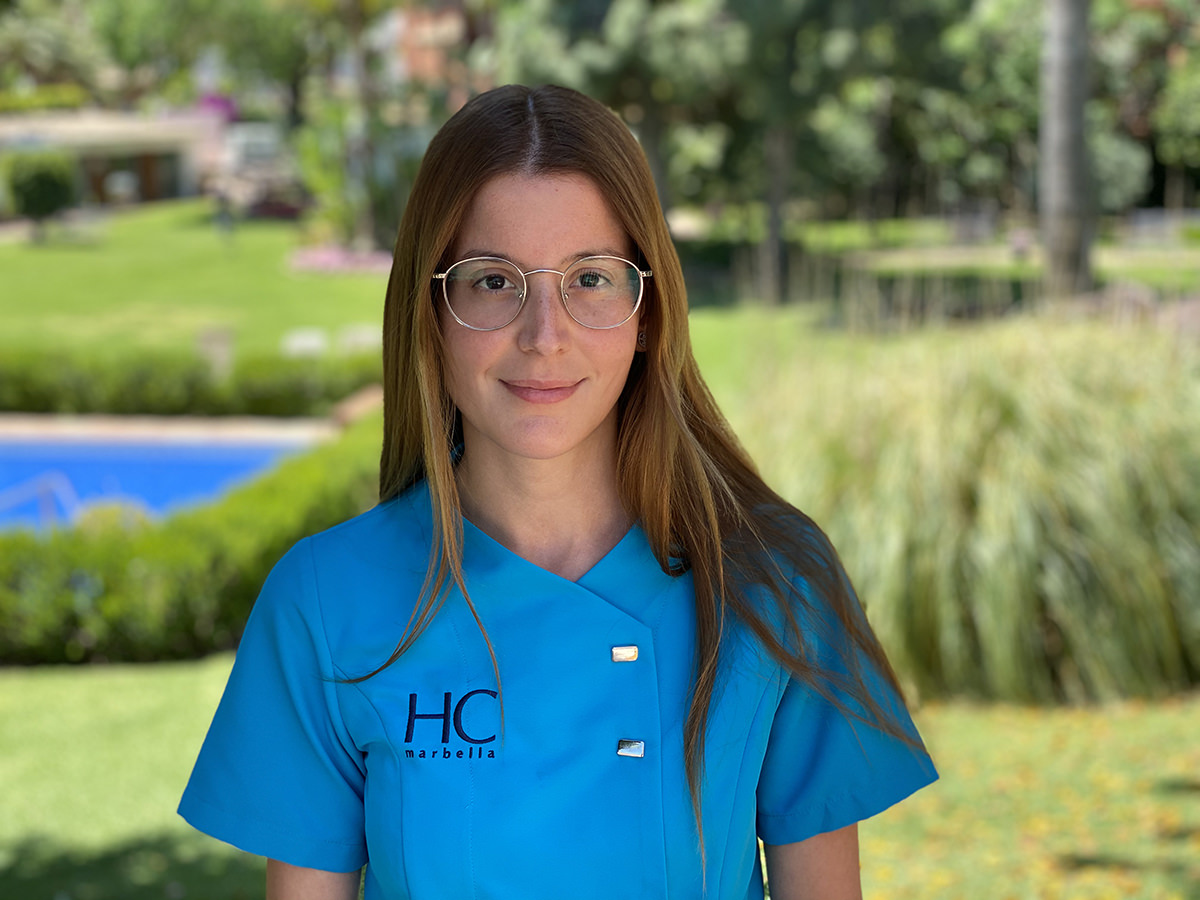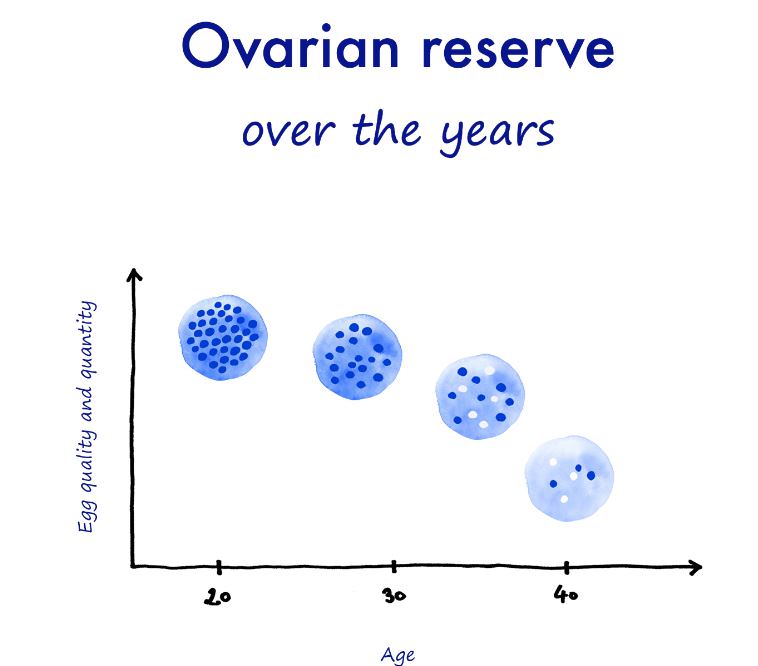19 June, 2020
How does the number of eggs decrease over the years?

The amount of a woman’s eggs decreases from the moment of birth, over the years, until menopause is reached.
It is estimated that women are born with approximately 2 million eggs. This figure decreases over time and when they reach adolescence, they have about 40,000 eggs. Eventually, only about 400 become ovulated, usually 1 for each menstrual cycle.
And what about the rest of the eggs?
It is estimated that around 1,000 eggs are lost each month.
Only 1 or 2 will be able to mature correctly and therefore will be ovulated.
Eggs that fail to mature properly end up degenerating within the ovary.
How can I know how many eggs I have left?
The number of eggs available is what we know as ovarian reserve.
To know the ovarian reserve the anti-mulleriana hormone (AMH) must be evaluated, which is studied by means of a blood analysis and its value indicates the state of this.
In addition, the AMH result is complemented by an ultrasound performed by a gynecologist; where we can see the number of follicles existing in the ovary (inside the follicles are the eggs).
So, does age influence the number of eggs?
Yes. Over the years, the ovarian reserve decreases, as does the quality of the ovules. According to numerous published studies, this decrease becomes more noticeable after the age of 35; therefore, it is important that at this age a woman plans to seek pregnancy or freeze her eggs.
Miriam Valcarcel
Embriologa HC Fertility

Back to blog
In other news

17 September, 2021
Fertility terms you may not know yet
27 April, 2020
Now it’s up to us to try to help create new lives
After so many losses, it’s time to start trying to create new lives. Finally we pick up where ...
[Continue reading ]




